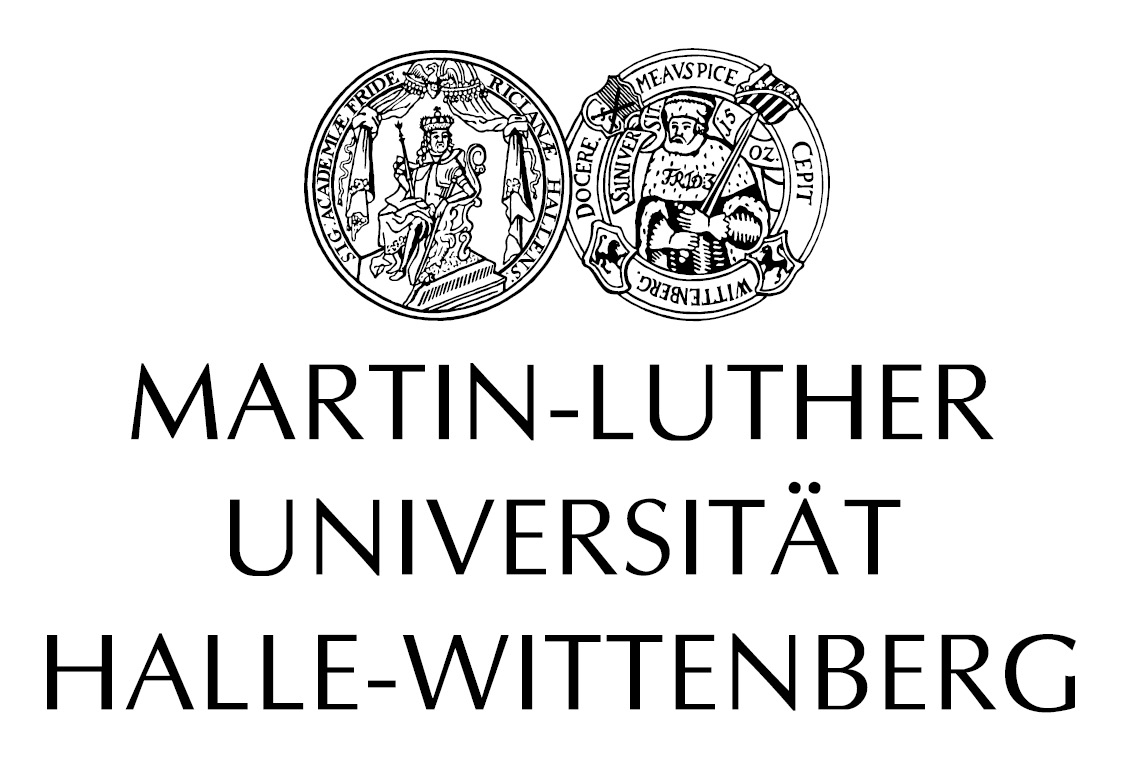Halle Plant Science Colloquium
presented by Markus Schwarzländer (WWU Münster, Plant Energy Biology)
Date: 17 November, 2020
Time: 3:30 pm to 5:00 pm
Location: Online (Zoom), ID 944 3631 0612, PW: 260601
Web-link: https://wwu.zoom.us/j/94436310612
Abstract: The energy conversion that occurs in cells requires tight surveillance and dynamic adjustment to meet demands, maintain efficiency and avoid dysfunction. This is particularly relevant in plant cells which are directly exposed to frequent and often dramatic changes in their immediate environment, including light-dark transitions, plant-microbe interactions or changes in oxygen availability. Yet, our understanding of the specific changes in cell physiology and signaling at the sub-cellular level remains limited. We have been using in vivo biosensing approaches exploiting genetically-encoded fluorescent protein probes to assess transitions in the physiology of specific cell compartments, such as the cytosol, the mitochondria and the chloroplasts in vivo. I would like to introduce both fundamental considerations as well as recent progress in the dissection of subcellular physiology highlighting mitochondrial calcium transport and the connectivity of subcellular redox metabolism. I will illustrate our efforts towards multiparameter monitoring, as an approach towards an integrated picture of subcellular (stress) physiology, while appraising current limitations. Implications of transitions in subcellular physiology, metabolism and signaling on plant growth, development and stress responses will be discussed.
The Halle Plant Science Colloquium (HPSC) is an interdepartmental colloquium of Institutions of the Martin-Luther-University working on any aspect of functional plant biology.
Interested in plant science? – Find more HPSC events listed here: https://www.landw.uni-halle.de/prof/pflanzenernaehrung/hpsc/
| < Previous Event | Next Event > |


